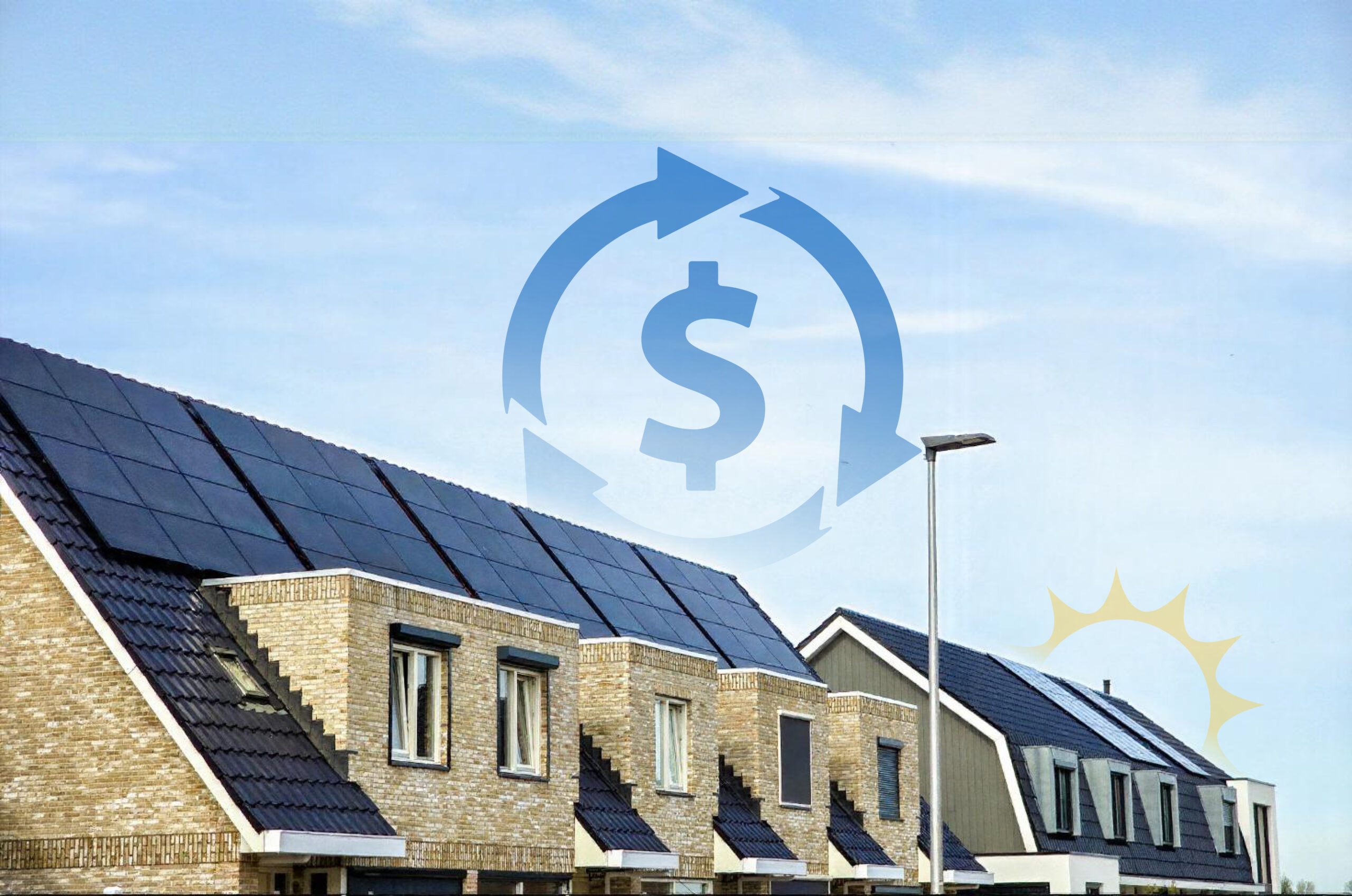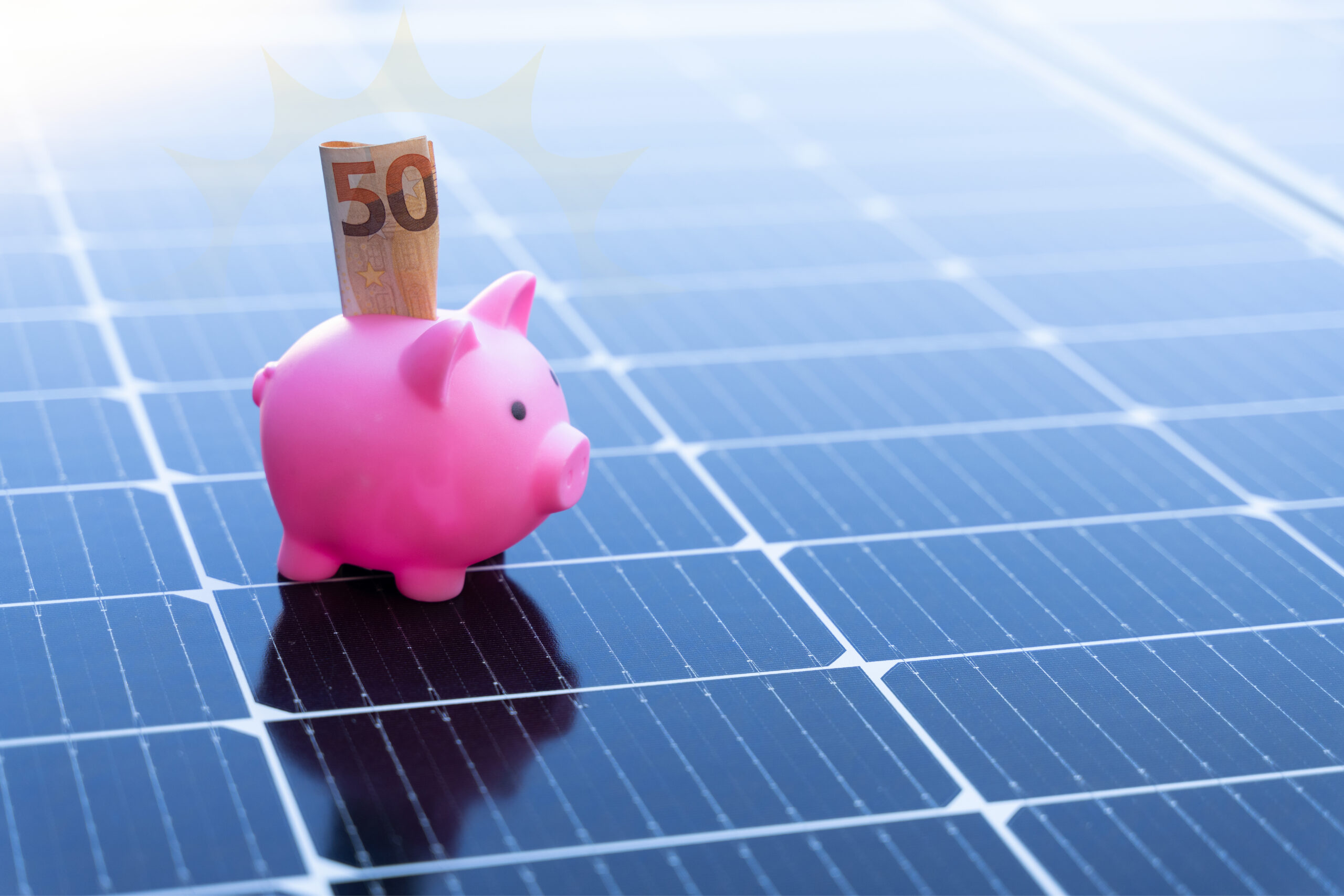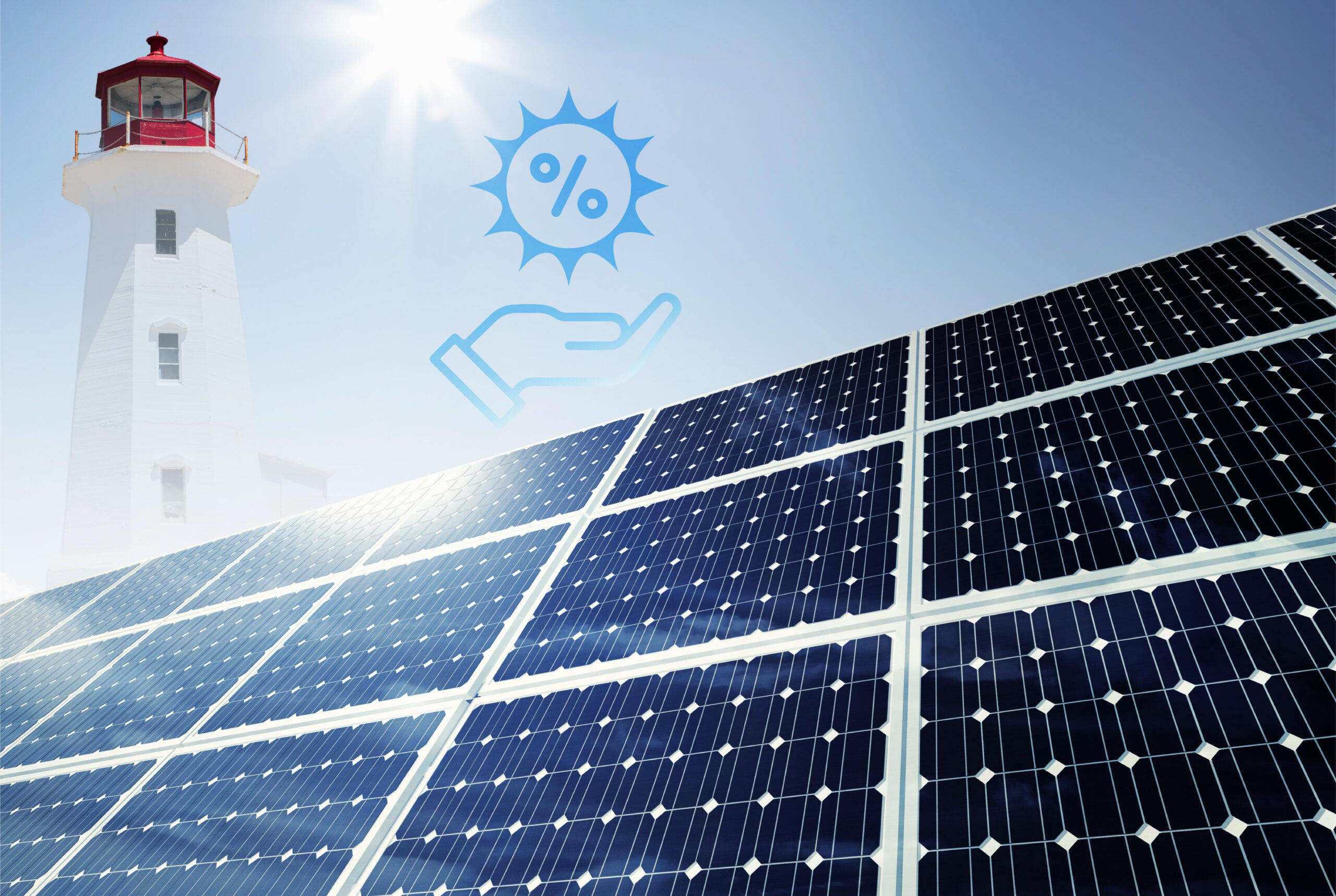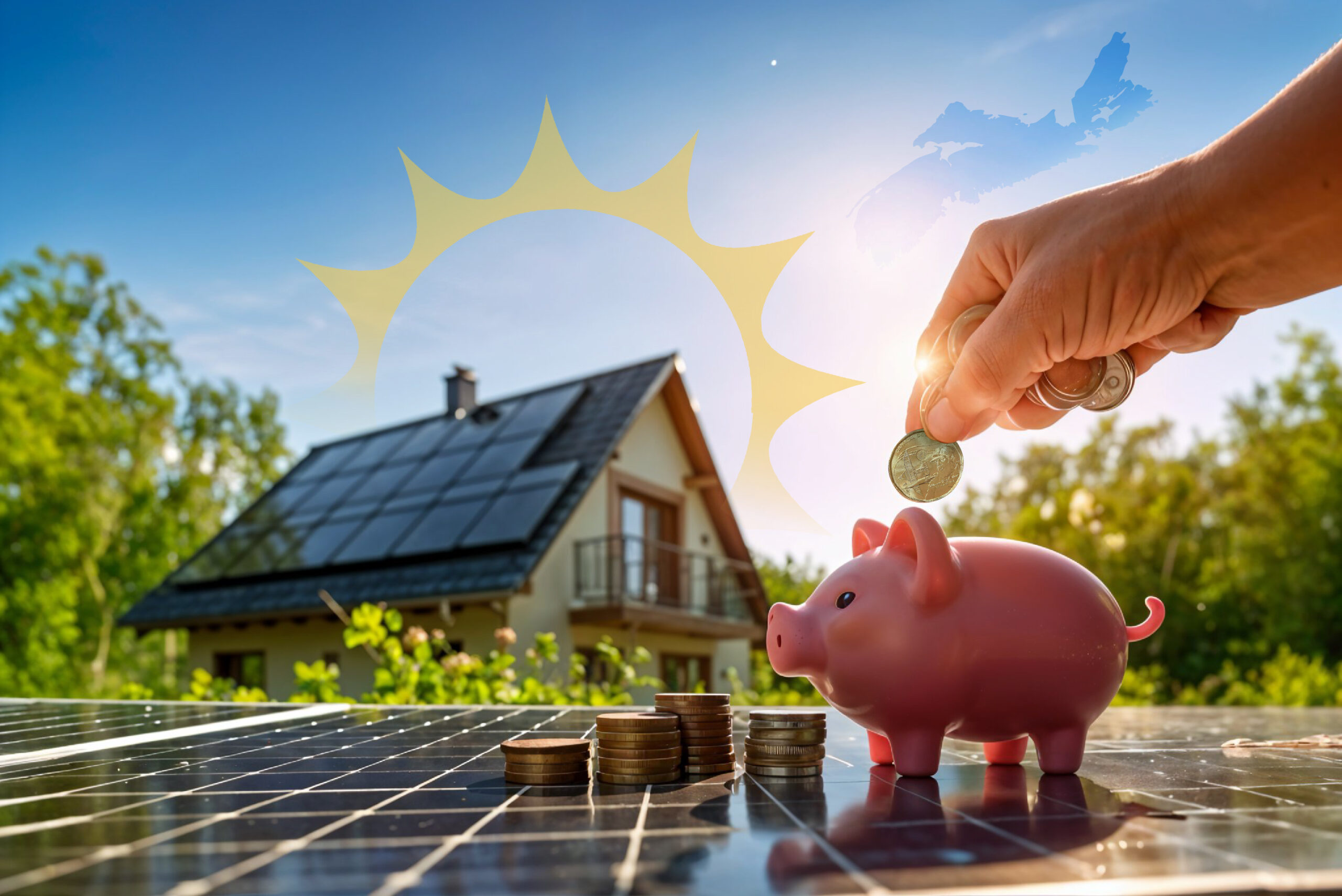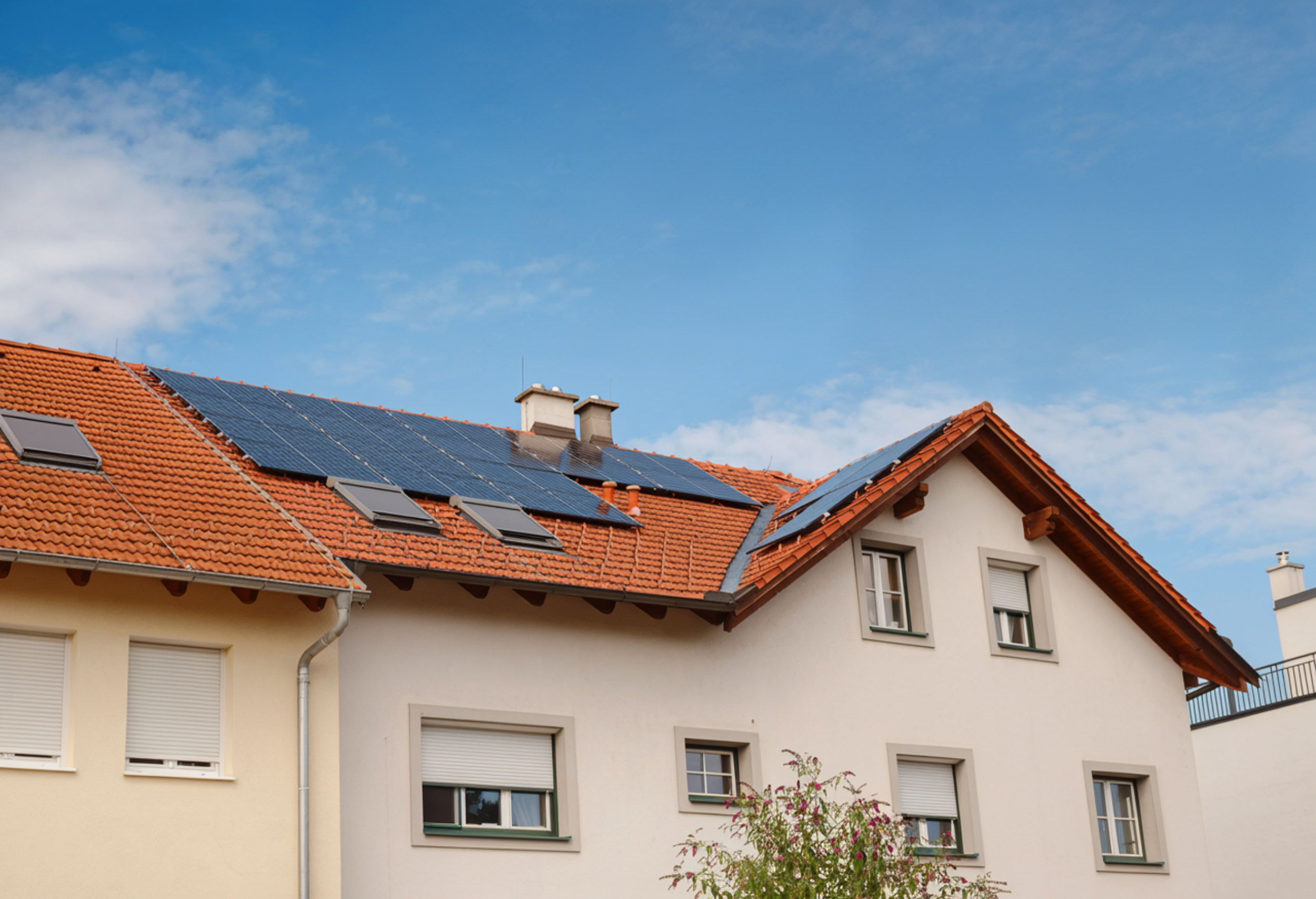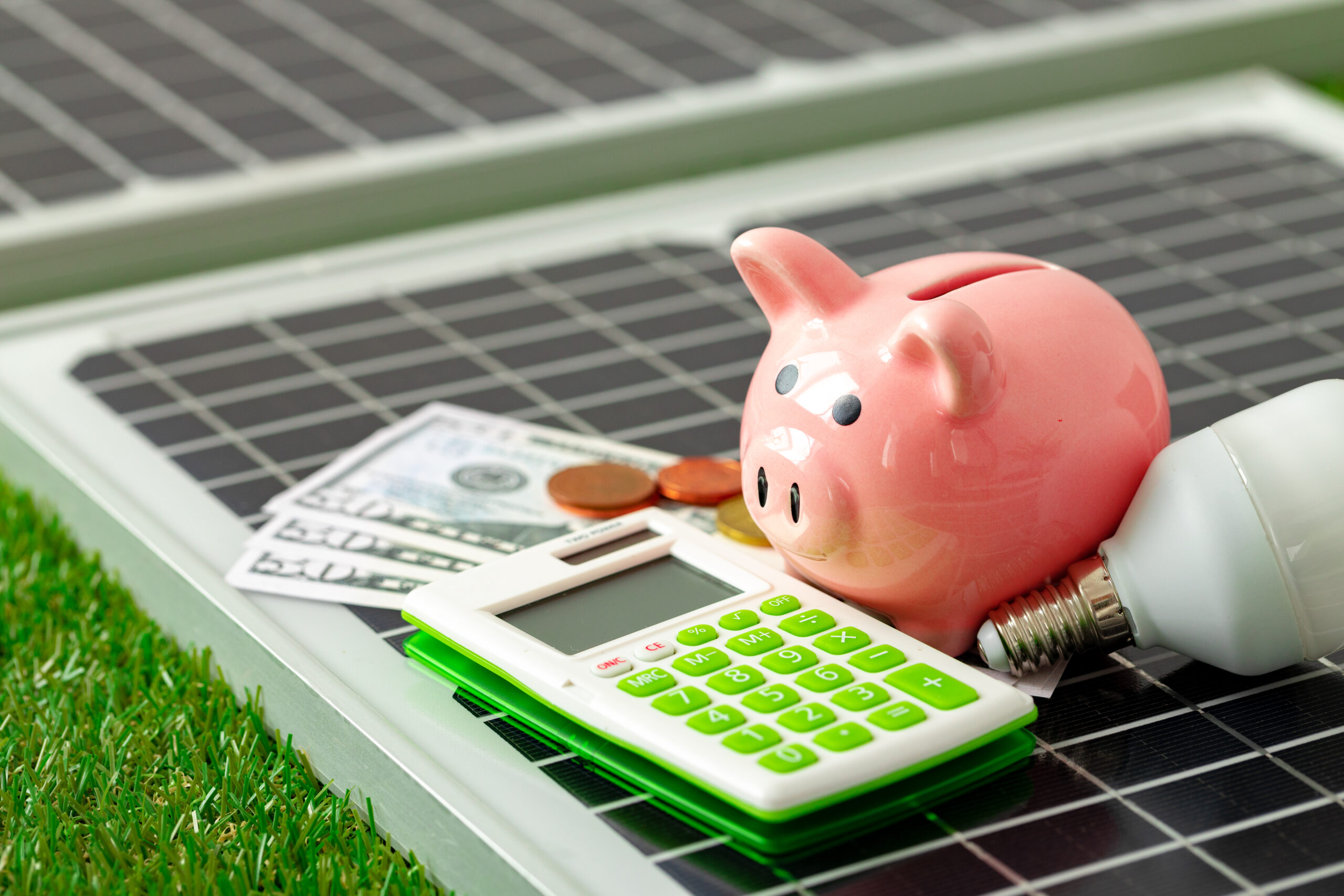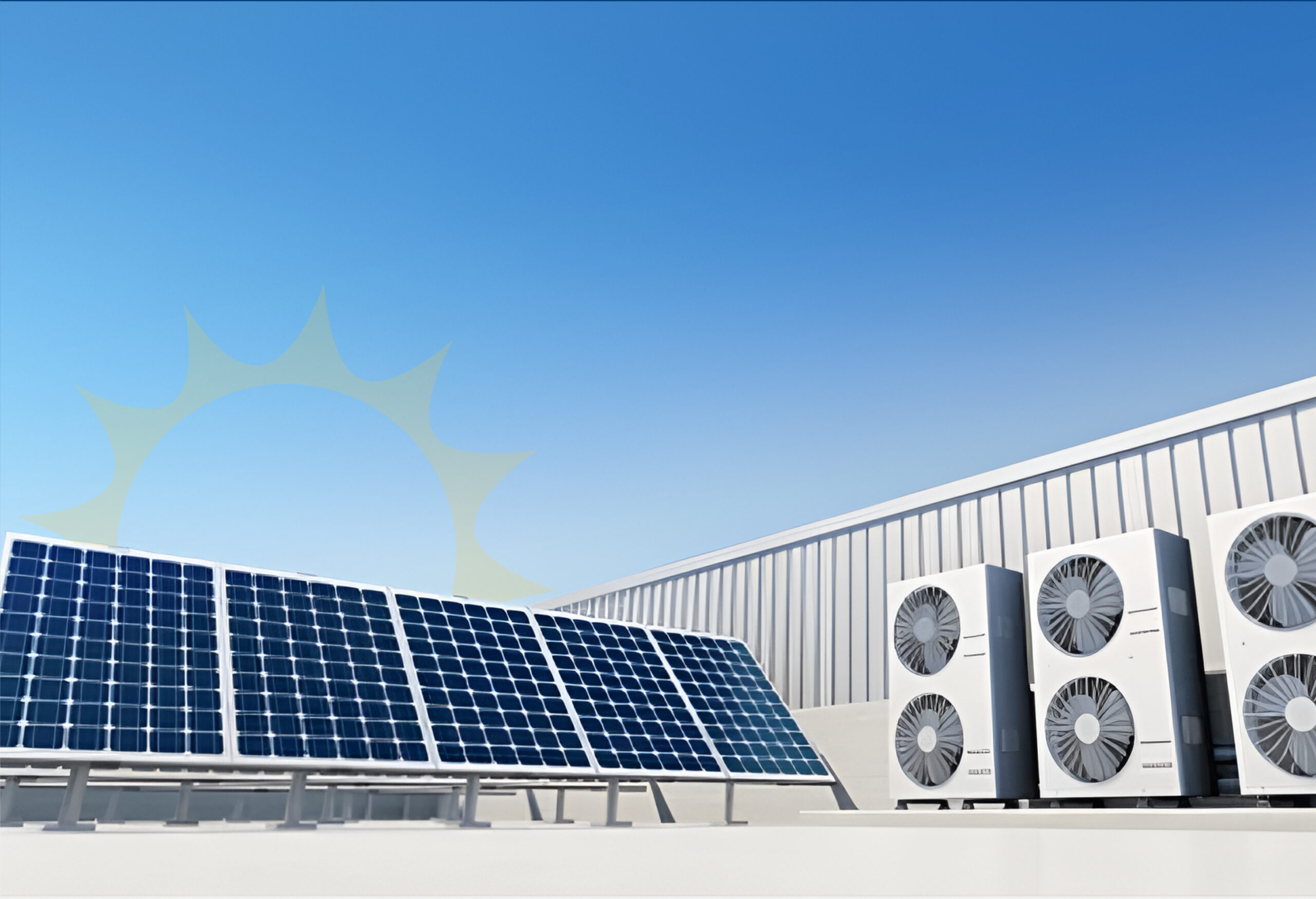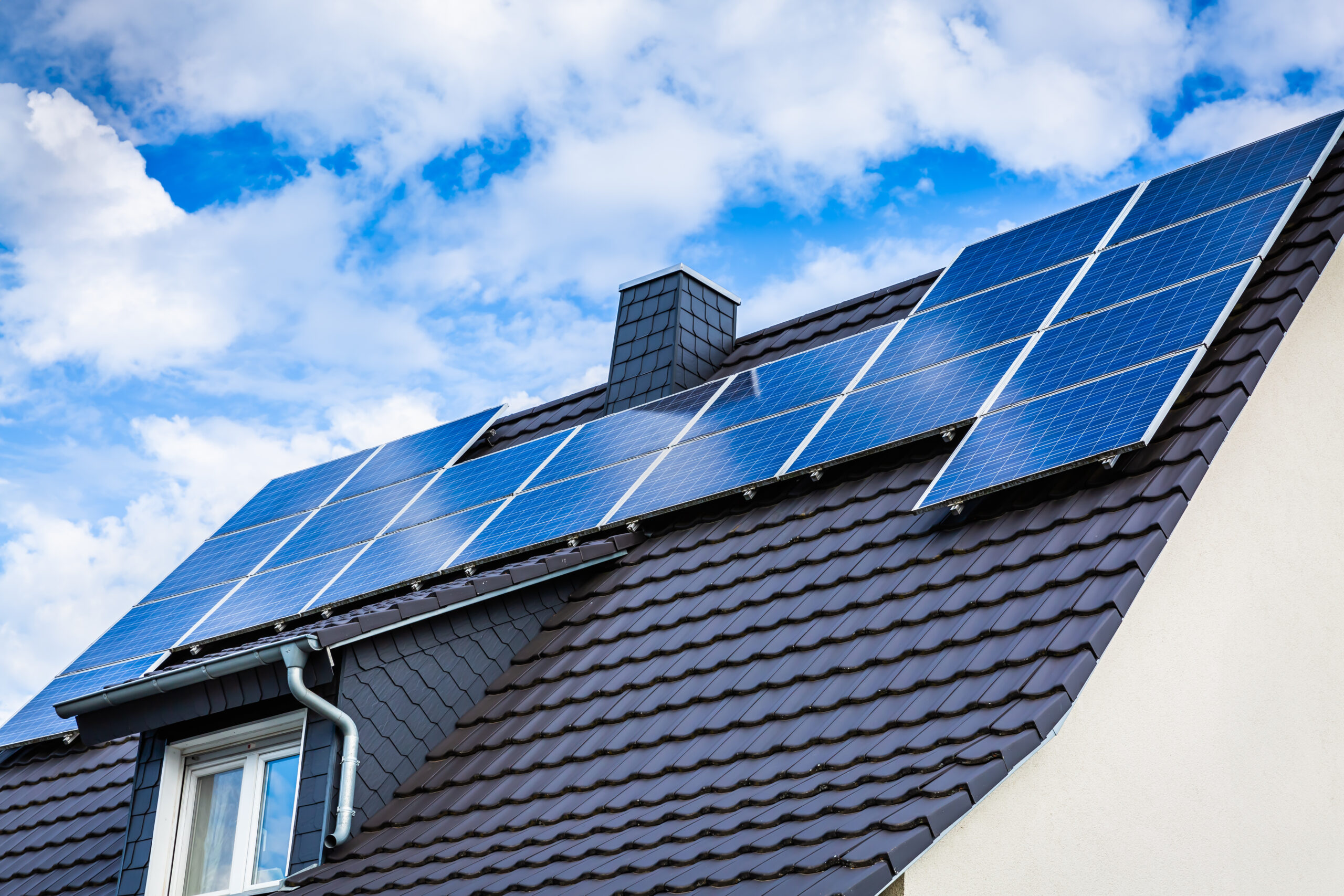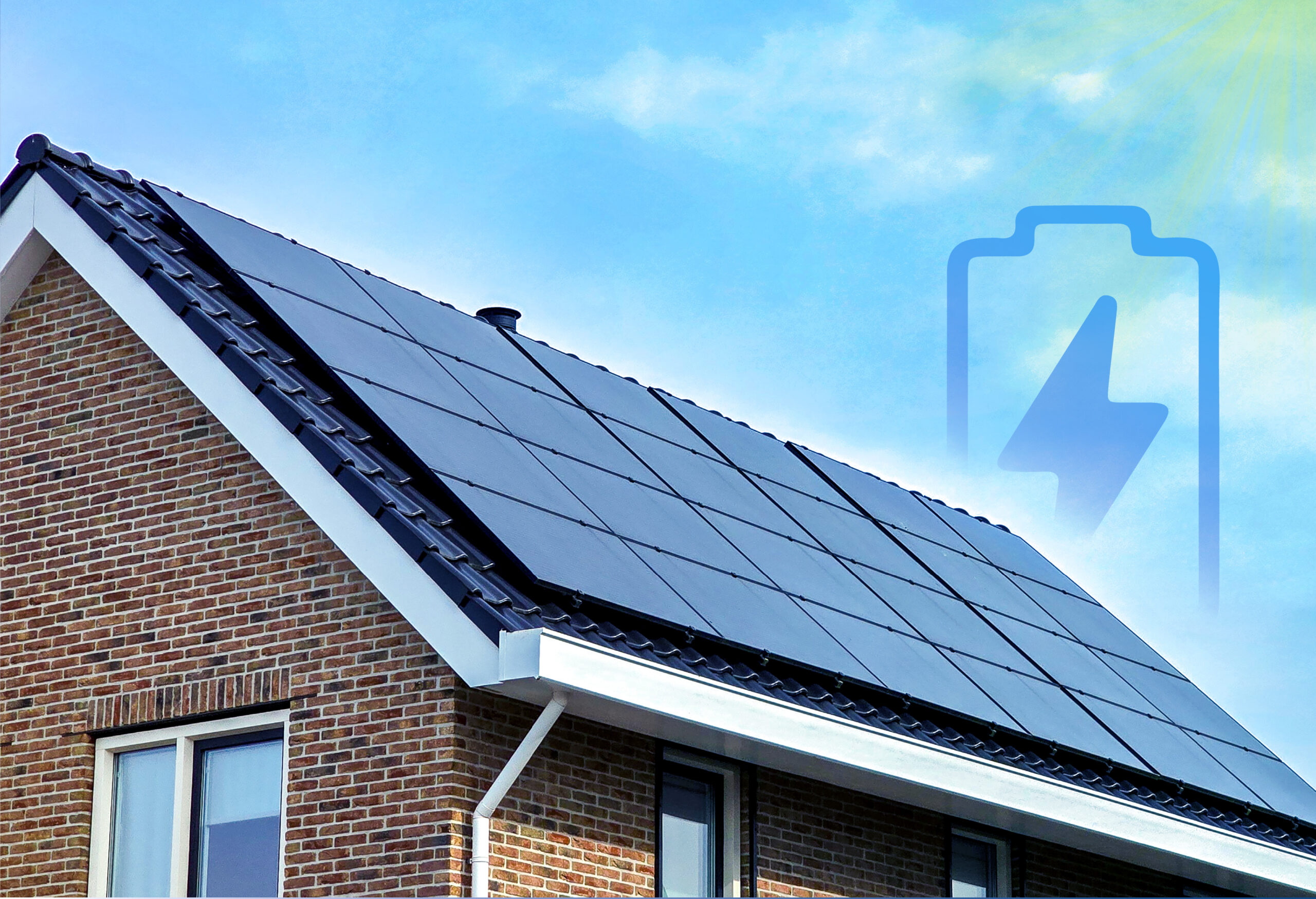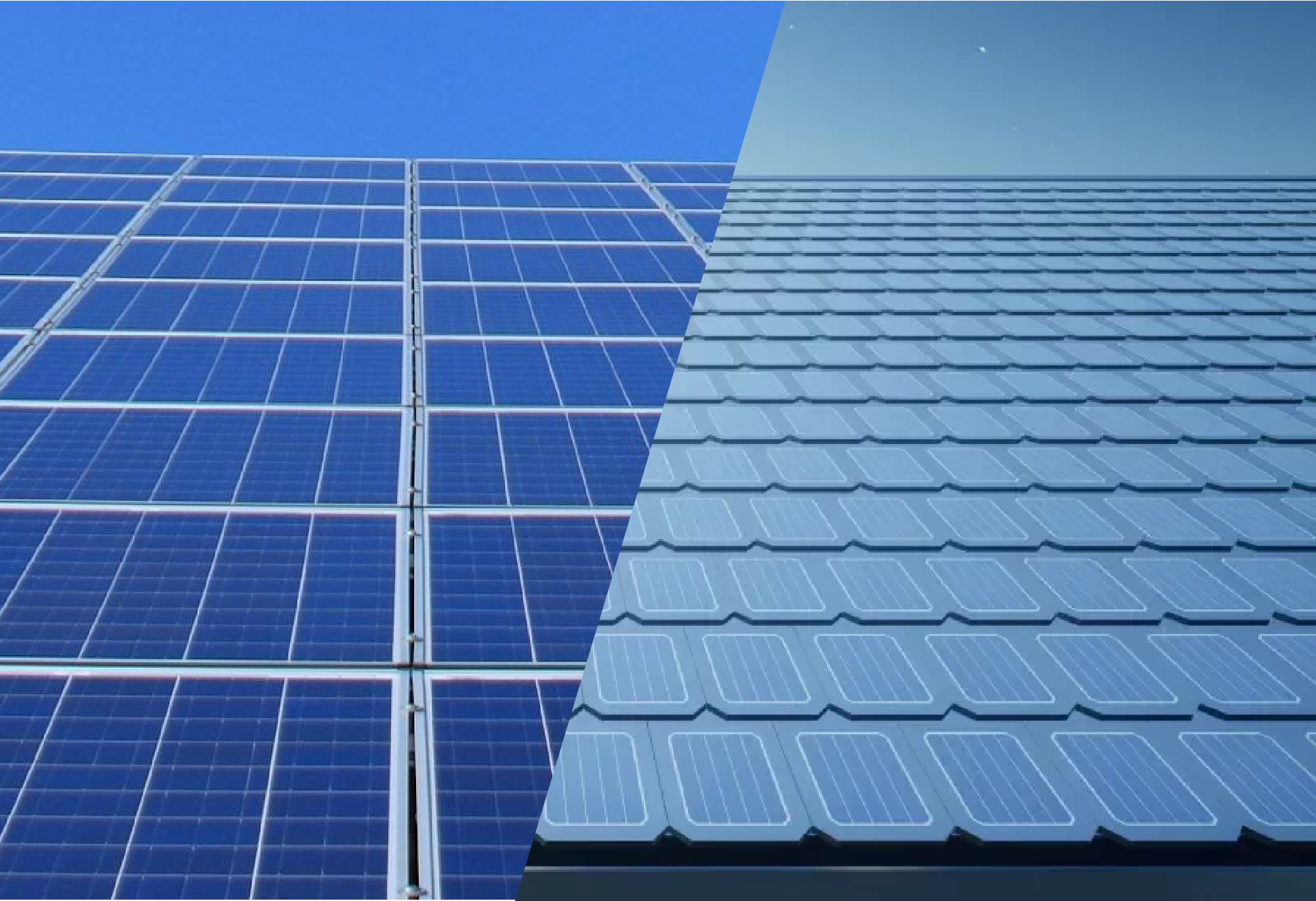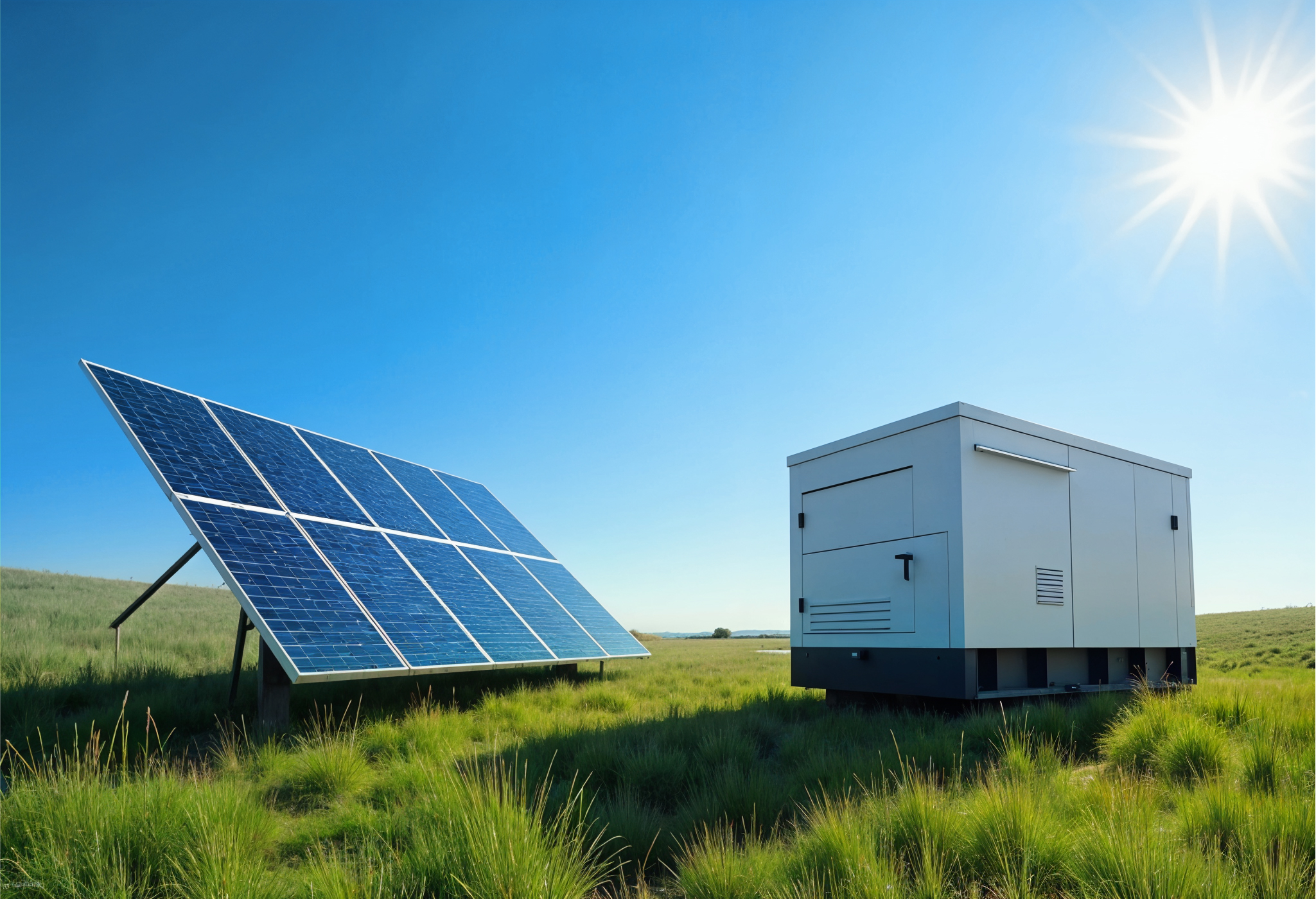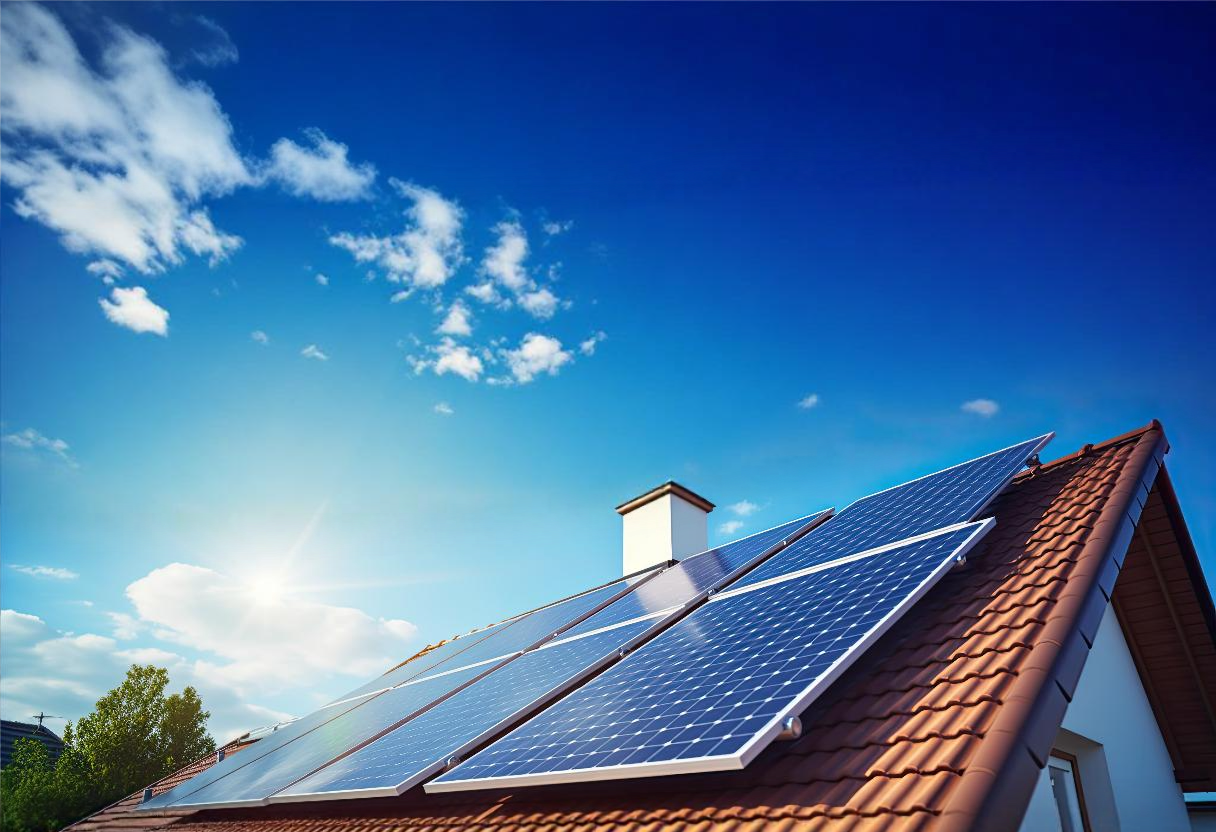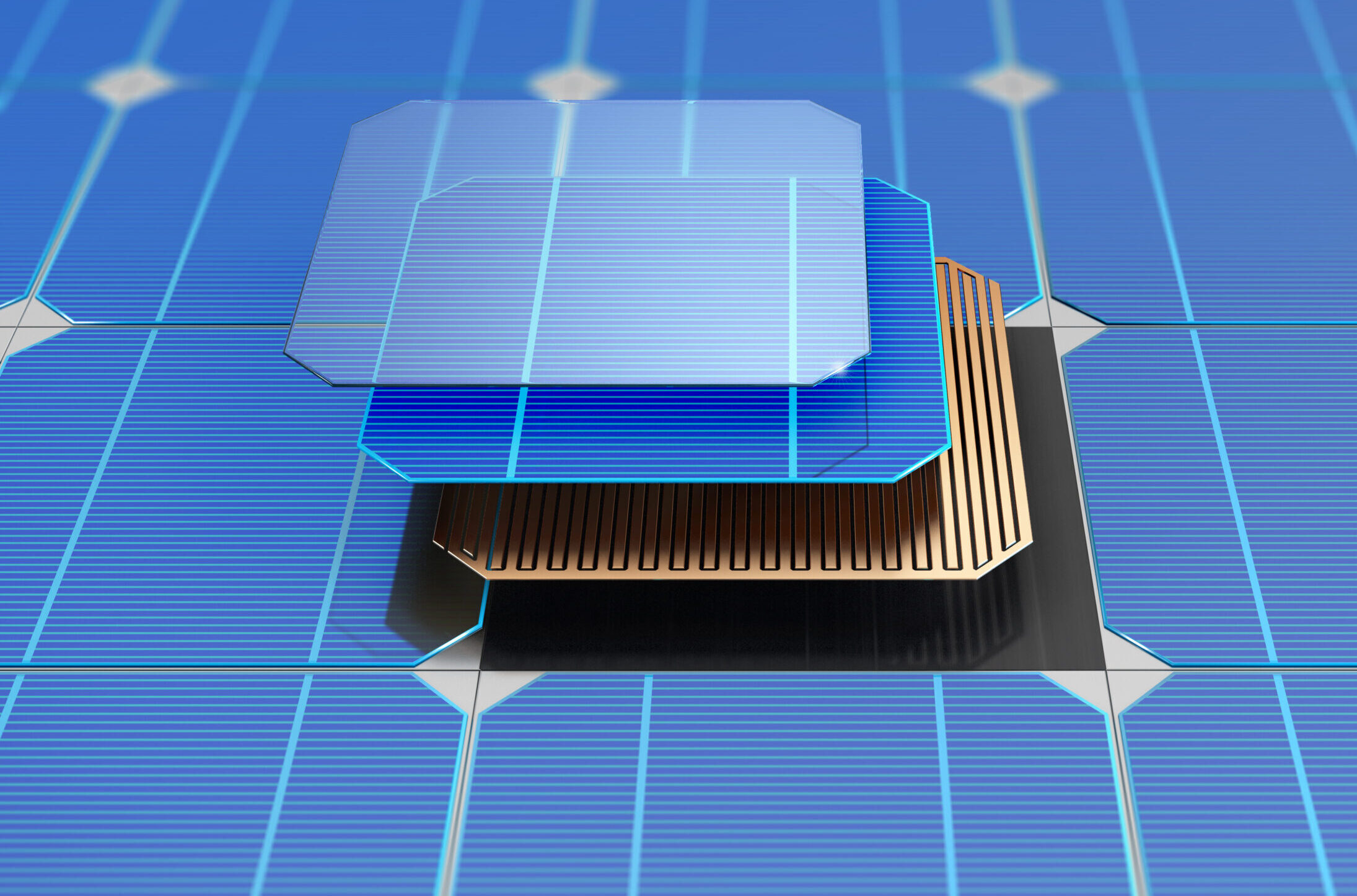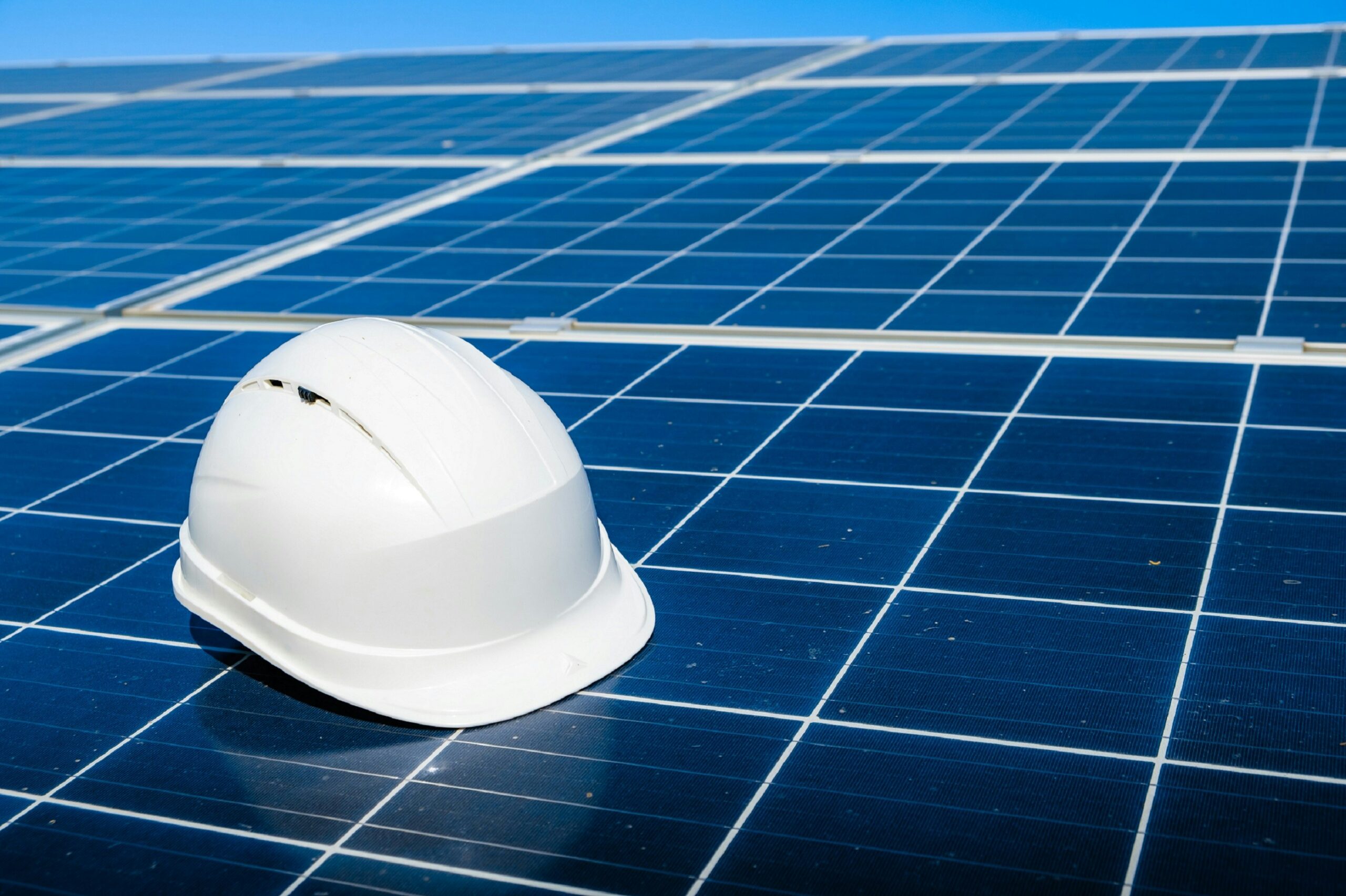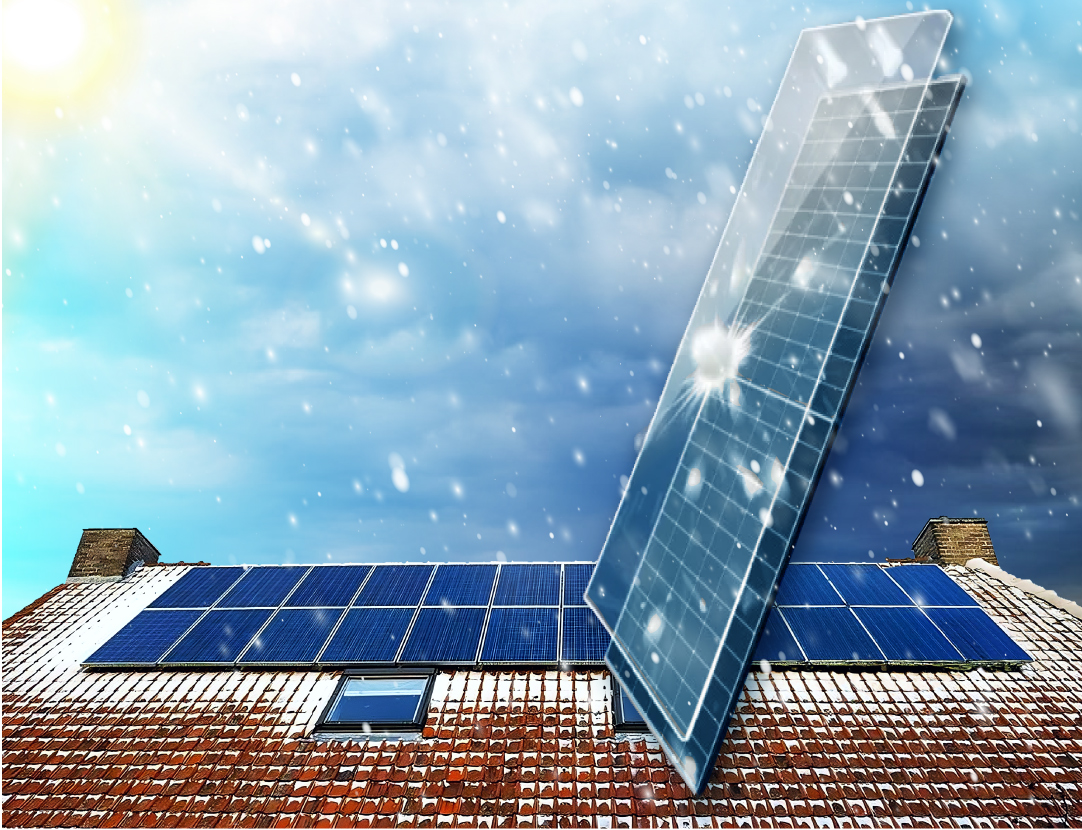Author: Mariela Guanchez
A lot of Nova Scotians looking to slash their home’s carbon footprint debate between a heat pump or solar. But guess what? The two technologies aren’t exactly substitutes—one’s about generating electricity, the other’s about efficient heating and cooling. So let’s clarify the differences, highlight why solar panels might be the more powerful long-term investment, and show how you can combine them for even bigger gains.
Apples and Oranges: Different Functions
A heat pump moves heat around. It cools your home in summer by transferring heat out, and warms it in winter by extracting heat from outside air. By contrast, solar panels generate electricity that can power everything in your home, heat pump included. If your question is “Which reduces my energy bills the most, overall?” solar often wins because it slashes your utility costs across the board, not just for heating or cooling.
Why Solar Might Deliver Bigger Savings
- Year-Round Impact: A heat pump mostly influences heating (and some cooling). But solar shrinks your entire electric bill, 12 months a year—appliances, lights, electronics, maybe even your EV if you have one.
- Net Metering Advantage: Surplus power in sunnier months offsets your usage in winter, so your overall electricity cost plunges.
- Longer-term Gains: Heat pumps do degrade over time; they might need replacing after 10–15 years. Solar panels typically last 25+ years.
Pairing Heat Pumps with Solar
Interestingly, you don’t have to choose one or the other exclusively. If you already have a heat pump for efficient heating, adding solar can power it at near-zero cost. That’s synergy: you reduce reliance on grid electricity for the pump, while also covering all your other household loads.
Environmental Perspective
Both are greener than older technologies: a heat pump is more eco-friendly than oil or electric baseboard heating, and solar is obviously a direct cut to your carbon footprint. But if your main question is “Solar Panels or Heat Pump?” for the biggest financial payoff, solar often leads because it addresses overall household power usage, not just heating.
Conclusion
While a heat pump helps you heat and cool your home more efficiently, solar panels can tackle your entire energy bill, offering a broader solution for renewable energy independence. In the best-case scenario, you do both—install a heat pump for efficient heating/cooling and let solar offset the electricity it uses. That’s the double-win approach. But if you’re picking one major home improvement first, solar typically delivers the larger, more versatile return on investment.

